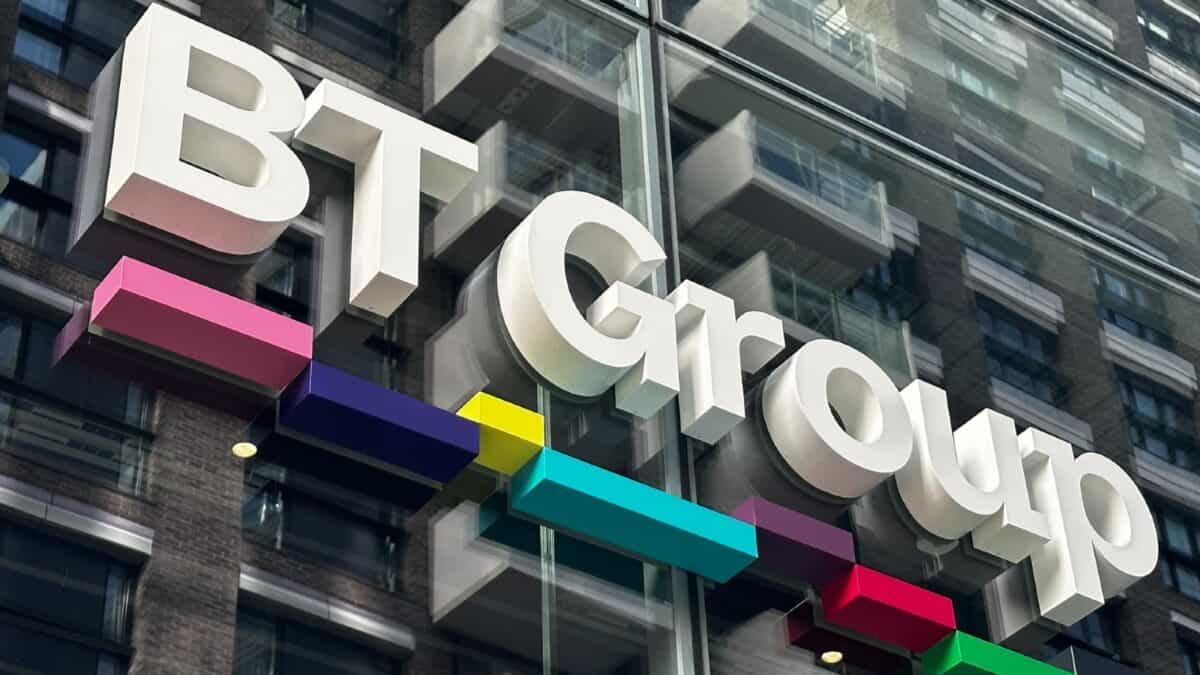The last nine months have been quite challenging for the BT Group (LSE:BT.A) share price. Investors have seen their positions shrink by around 30% as the firm tackles economic and operational headwinds.
With inflation putting energy, staff, and capital investments under pressure the firm has been struggling to deliver meaningful growth. And its consumer segment, in particular, is being kept on a short leash by investors as a result of higher household costs. So, on the back of its latest trading update, how is BT holding up?
Encouraging signs of progress
The group’s consumer segment appears to be moving in the right direction. BT’s rollout of fibre-to-the-premises (FTTP) is speeding up. This meant record deliveries and a total footprint of 13m homes within its network, with a further 6m in the pipeline. Meanwhile, the number of 5G customers continues to rise, climbing by 30% to 10.3m.
This ultimately meant a 5% year-on-year increase in average revenue per user of this segment, with adjusted revenue climbing from £2.44bn to £2.56bn. This growth certainly isn’t spectacular. But it’s better compared to the 3% growth achieved in its November 2023 interim results.
Moving further down the income statement, adjusted EBITDA (which take sout costs linked to joint ventures and net finance expense) for the consumer segment is also on the rise.
Management has been offsetting inflationary expenses through price hikes. However, the bulk of the 4% growth of underlying earnings actually stems from the previously launched cost-saving drive. As a quick reminder, this is expected to deliver up to £3bn in annual savings by 2025. So, seeing margins improve as a direct result is a positive signal for shareholders.
Not everything is rosy
While the consumer segment seems to be getting back on track, BT’s B2B division is still having some problems. According to management, higher input costs, as well as declines in legacy sales, culminated in a 4% slide in business revenues and a 17% drop in underlying earnings.
This so-so display was offset by better performance from its Openreach division. Yet overall, adjusted revenue and EBITDA for the quarter grew by a measly 3% and 1%, respectively.
Unfortunately, the group also provided minimal information regarding the state of its financial health. Those who’ve been watching this business for a while know that BT’s debt-heavy balance sheet is a problem, especially considering the higher interest rate environment we now find ourselves in.
For reference, the group’s current market cap is around £11.2bn. But its debts-and-equivalents pile stands closer to £24bn.
The bottom line
Overall, these results were a fairly mixed bag. There are certainly lots of positives to take away. But the company still has a long journey ahead to return its share price to its former glory. Personally, I’m keeping these shares on my watchlist until I see further signs of progress on both margins and leverage.








